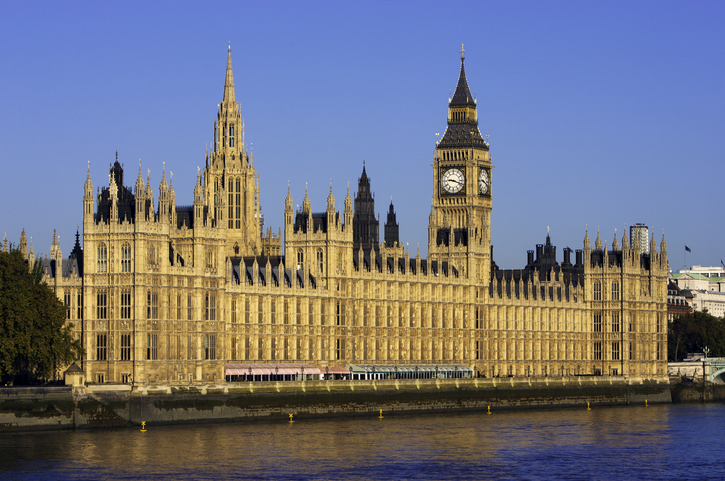British lawmakers held their final debate ahead of a historic vote on Friday on whether to legalise assisted dying for terminally ill people, in what would be a major step toward the biggest social reform in the country for a generation.
The vote is expected at about 2:30 p.m. (1330 GMT) and if it goes in favour, the proposed new law will have cleared its biggest parliamentary hurdle. That would pave the way for Britain to follow Australia, Canada and other countries, as well as some U.S. states in permitting assisted dying.
A vote against would stop the bill in its tracks.
Last November, lawmakers voted 330 to 275 in favour of the principle of allowing assisted dying, but since then the bill has been scrutinised and amended, and some lawmakers have publicly changed their position, citing changes to provisions that they say weaken protections for vulnerable people.
Prime Minister Keir Starmer’s Labour government is neutral on the legislation meaning politicians can vote according to their conscience rather than along party lines. Last year, Starmer voted in favour of the legislation and has indicated he continues to support it.
The law was proposed under a process led by an individual member of parliament rather than being government policy, which has limited the amount of parliamentary time allocated to it.
Some lawmakers have said that such a major social change should be allocated more parliamentary time for debate and involve a greater degree of ministerial involvement and accountability.
If Friday’s vote is in favour, assisted dying stays on the road to legalisation, a process that could still take months.
The Labour lawmaker who proposed the new law, Kim Leadbeater, said there could be a reduction in the number of members of parliament who support the bill on Friday compared with last year’s vote, but that she was confident it would still be approved.
Opening the debate, Leadbeater said that the legislation was “desperately needed” and would provide dignity and compassion to people suffering. She argued it had robust safeguards that made it practical and safe.
“This is not a choice between living and dying. It is a choice for terminally ill people about how they die,” she said.
On Thursday, four Labour lawmakers switched sides to oppose the bill, joining the dozens who earlier this month said there had not been enough time to debate the details of such a consequential law change.
“The bill before us simply does not do enough to safeguard people who may want to choose to live,” the four lawmakers said in a letter.
Leadbeater said her biggest fear was that if the legislation was voted down, it could be another decade before the issue returns to parliament. It was last considered in 2015, when lawmakers voted against it.
PUBLIC SUPPORT
Opinion polls show that a majority of Britons back assisted dying, and supporters say the law needs to catch up with public opinion.
Under the proposed law, mentally competent, terminally ill adults in England and Wales with six months or less to live would be given the right to end their lives with medical help.
In the original plan, an assisted death would have required court approval. That has been replaced by a requirement for a judgement by a panel including a social worker, a senior legal figure and a psychiatrist, which is seen by some as a watering down.
Lawmakers have also raised questions about the impact of assisted dying on the finances and resources of Britain’s state-run National Health Service and on the need to improve palliative care.
If the vote passes, the proposed new law is sent to the House of Lords, parliament’s upper chamber. But the unelected Lords will be reluctant to block legislation that has been passed by elected members of the House of Commons.
(Reuters)










